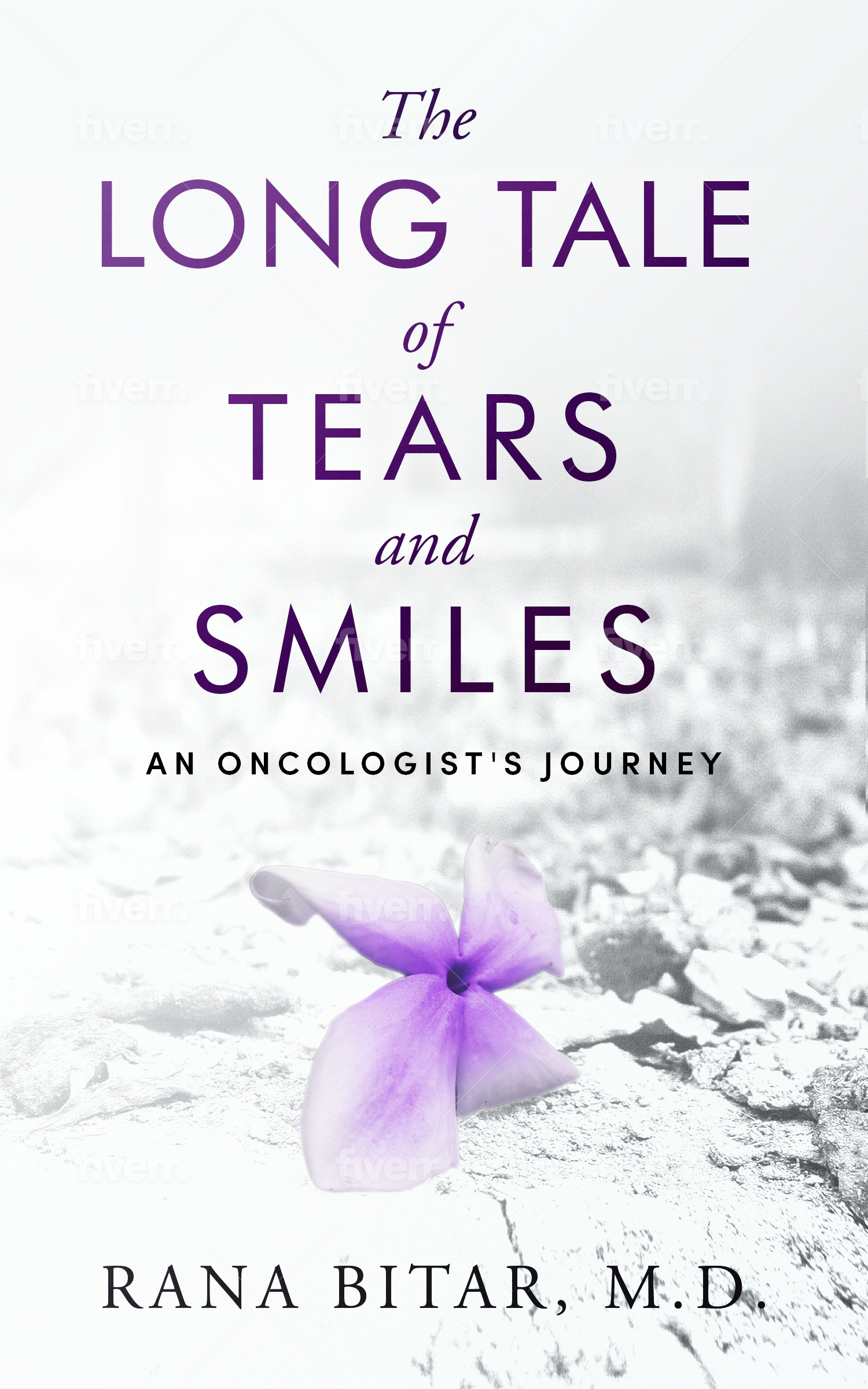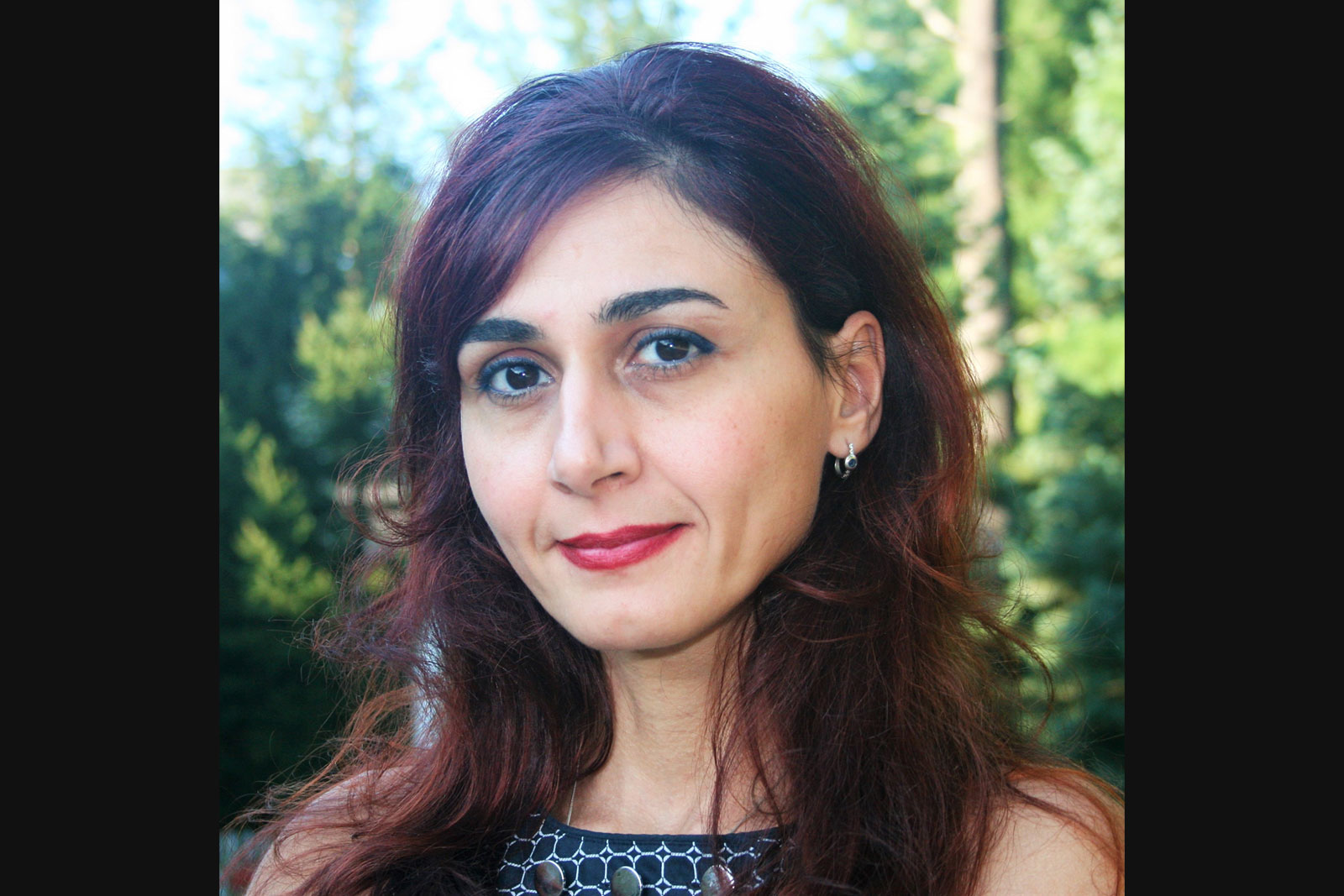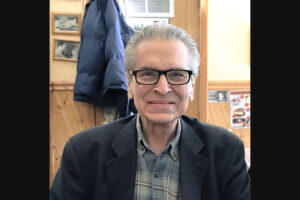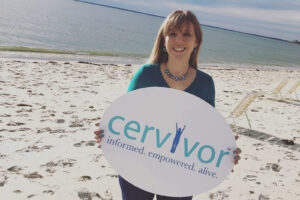As told to Francesca Halikias
The book started as gathered stories over the years. I initially didn’t have an intention to publish the stories—I just wrote them for myself. Over time, I decided to put them together and publish them as solely patient stories. Then I was advised that maybe I should put my experiences in the story—the way I met these patients and how they affected me is as important to get these stories across and resonate.
I really did not want a patient’s story to die between the four walls of exam rooms.
I started writing when I was 10 years old, and at the same time I was interested in science and medicine so they kind of go together: my passion for writing and my ambition to be a doctor. I think a lot of people think that science does not go with art, but for me I think one complements the other. Writing after a long day of seeing patients is a kind of meditation to me.

I wrote [the book] for my patients. There was something nagging inside me. I really did not want a patient’s story to die between the four walls of exam rooms. I felt that these [stories] are so powerful and so life-changing, they need to get out of that office, out of the exam room and be heard and create ripples for other people to be exposed to such a struggle. A lot of people are so distant and [don’t know what] cancer patients go through or their families go through.
I think it’s important to keep these stories alive and out there for other people to hear what type of struggle a person could go through and how it might change their vision of life.
The book, when you put your thoughts on paper, it gives you a chance to re-examine it, live it again, and I think the most important thing you get out of it is how important empathy is, how important it is to listen to people and put yourself in their shoes and fight to understand their circumstances and not be judgmental. I think when people go through these struggles, it helps that they talk about their feelings and their fears. I think what we can do for them is to tell them that we will listen, that their fears are not unimportant or not justified. [Writing the book] showed me how important it is to stop and listen, be compassionate and help people understand why they feel this way. It is OK to feel this way.







